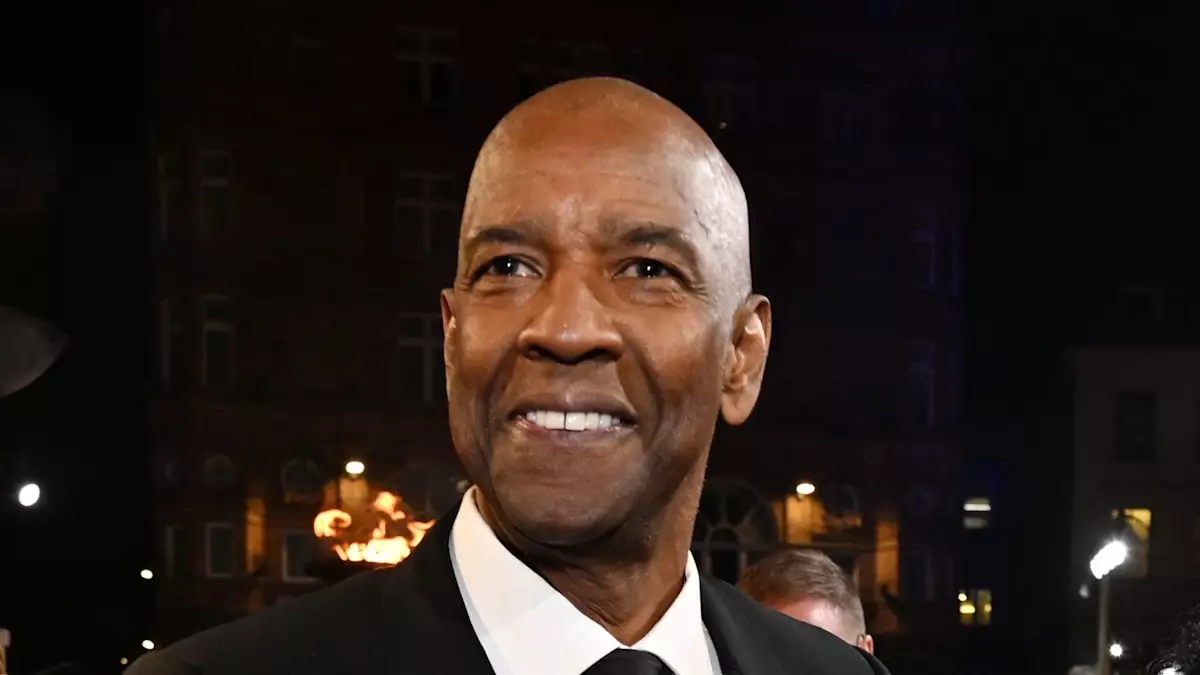In a revealing interview with *Esquire*, Denzel Washington laid bare his tumultuous history with alcohol, chronicling how he consumed two bottles of wine a day when he was not in front of the camera. The esteemed actor admitted to using his opulent wine cellar, filled with bottles from prestigious vintages, to cope with the pressures of his lifestyle. This confession calls attention to a broader struggle many face when dealing with addiction while maintaining a façade of success. The allure of fine wine, which he described as a “slow” burn rather than an explosive high, speaks volumes about how addiction can be insidious. It creeps into everyday life, disguising itself as sophistication and control.
The Mask of Professionalism
Despite his battle with alcohol, Washington’s commitment to his career remained unwavering. His assertion that he could compartmentalize his personal struggles from his professional obligations is particularly poignant. Many individuals grappling with addiction often feel they must juggle dual realities—one where they maintain appearances while the other spirals into chaos. Denzel’s ability to pull off this dichotomy reflects the tightrope walked by many in demanding professions. However, this raises an uncomfortable question: at what cost does this professionalism come? For Washington, the cost manifested in physical and mental disorientation, leading to moments where he would awaken without recollection of the previous night—a sobering realization about the depth of his condition.
Denzel’s turning point came as he approached sixty. His declaration that he hasn’t consumed a drop since then marks a significant milestone, not just in his life but in understanding the journey of sobriety. The actor’s acknowledgment of the physical toll that alcoholism had taken on his body brings to light the often-overlooked consequences of addiction. It is easy to romanticize drinking as part of a glamorous lifestyle, yet Denzel’s experience serves as a harsh reminder that underneath the surface, this can lead to self-destruction.
His reflections on aging and the potential for longevity in life evoke a sense of purpose. He recognized that sobriety allowed him to envision a new chapter at seventy—a phase he approaches not with trepidation but with aspirations. This perspective shifts the narrative from one of loss to one of newfound opportunity in life’s latter stages, further emphasizing that life can flourish even after dark times.
Support and Community
Washington’s openness about leaning on friends is particularly illustrative of the importance of community in recovery. His bond with fellow artists, such as Lenny Kravitz, points to the significance of having a support system, especially for individuals who have faced similar battles. It reveals how artists can find kinship and strength in shared experiences. Together with Kravitz’s encouragement to start a fitness program, Denzel’s journey underlines a crucial facet of recovery: not just abstaining from substances but also fostering a healthier lifestyle that promotes strength and well-being.
The decision to incorporate a structured fitness regime into his life marks a profound shift in priorities. This step towards physical excellence complements his sobriety and demonstrates the transformative power of commitment—both to oneself and to a support network. Washington’s weight goals serve as tangible markers of his new lifestyle and illustrate the relationship between physical and mental health in the context of recovery.
In closing, Denzel Washington’s narrative is more than just an account of overcoming addiction; it is a powerful illustration of resilience and the importance of personal growth. His candidness inspires hope for those still engaged in their struggles with alcohol and reinforces the idea that life, even after setbacks, can lead to a more enriching existence. As he embarks on this new chapter, his story serves as a reminder that redemption is possible and that every individual has the power to redefine their destiny. Through mutual support, self-examination, and the quest for better health, Denzel Washington exemplifies the triumph of the human spirit.

